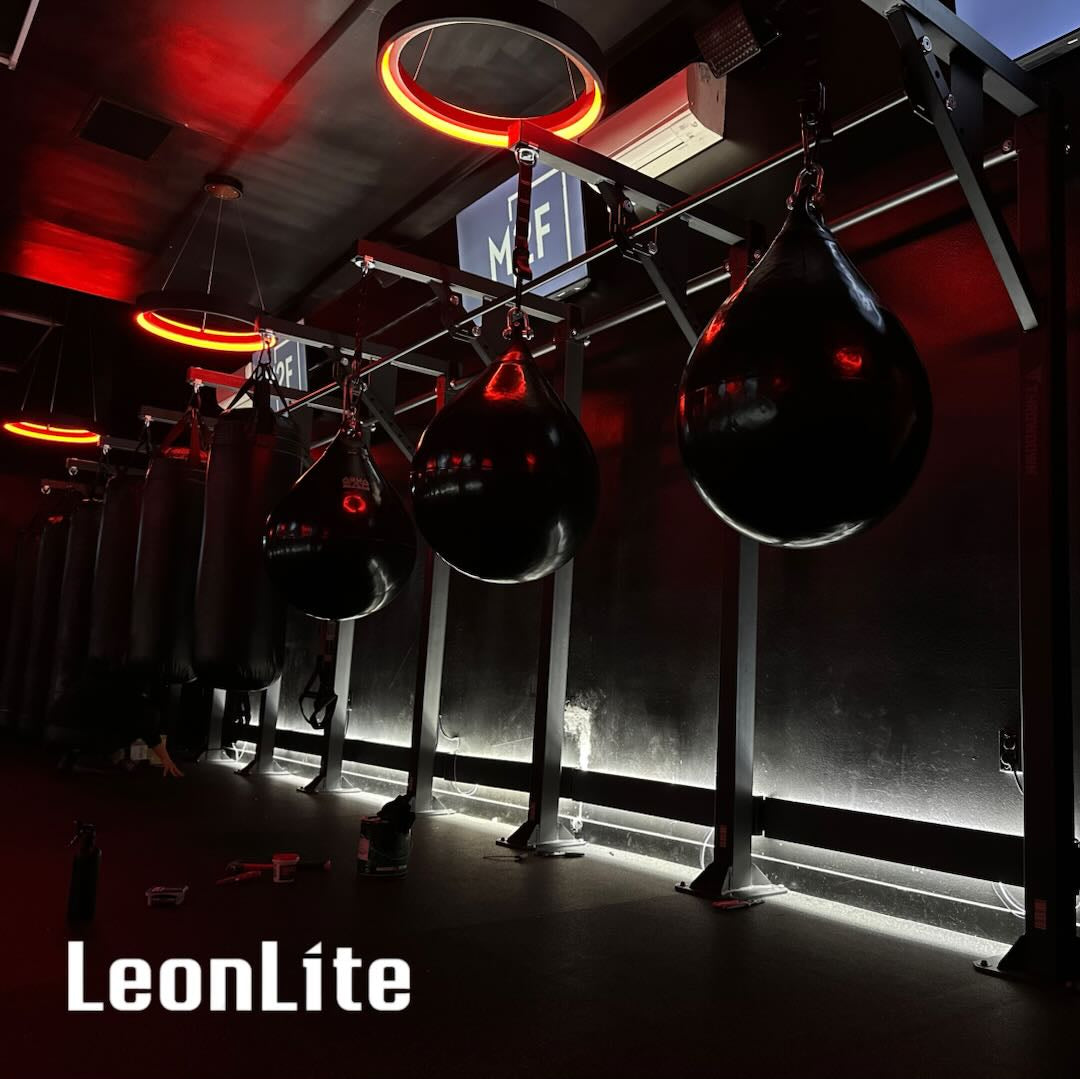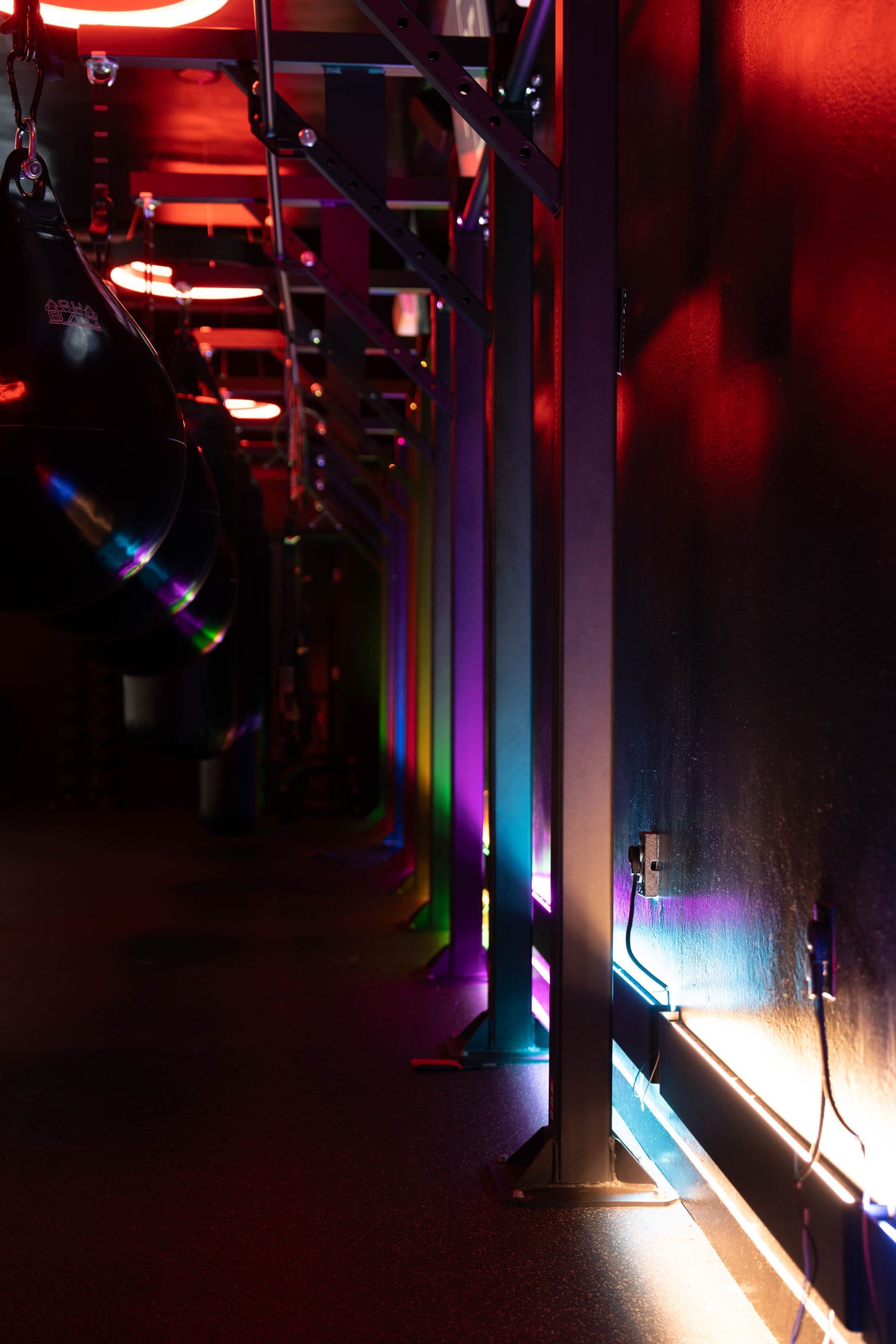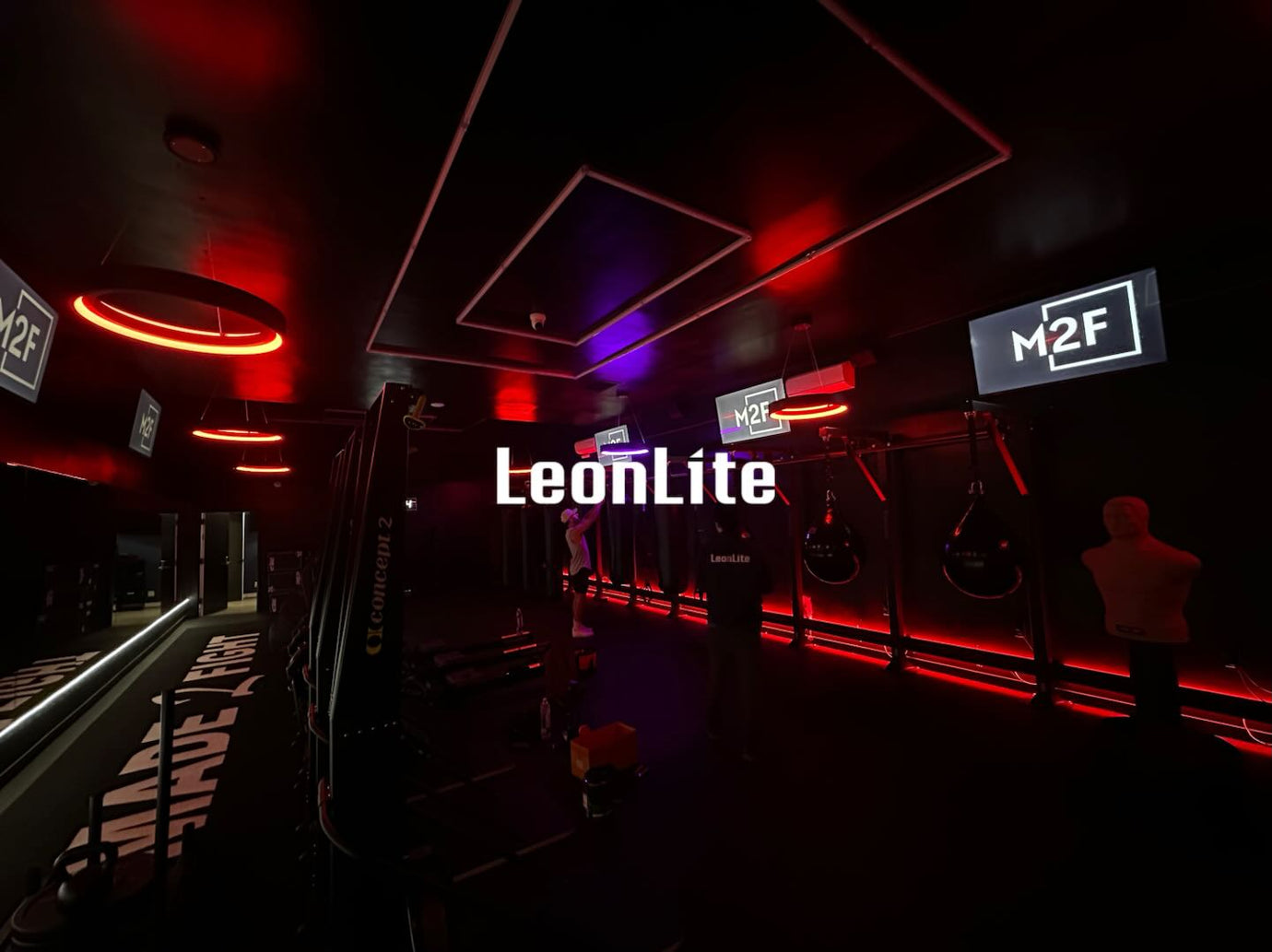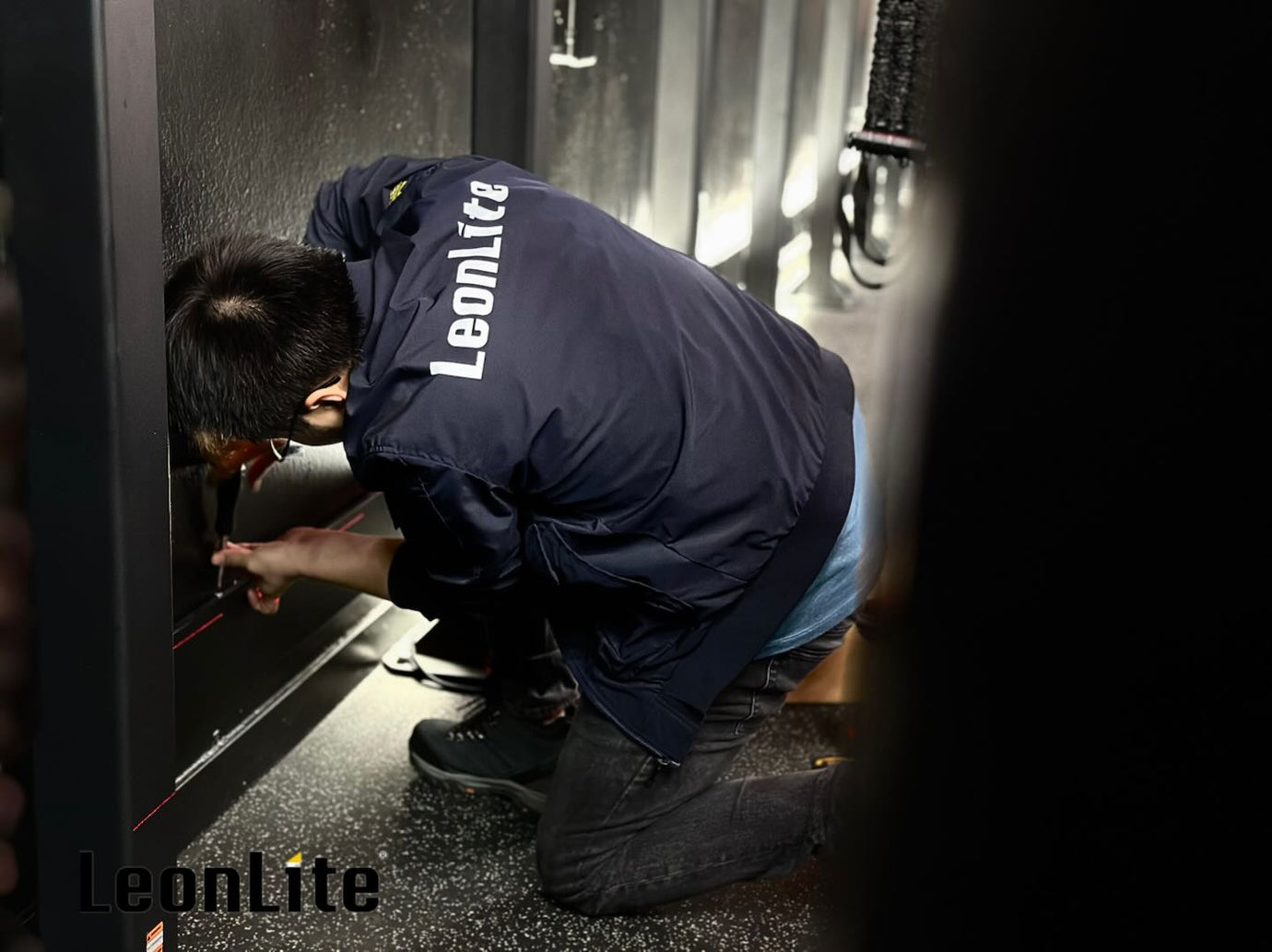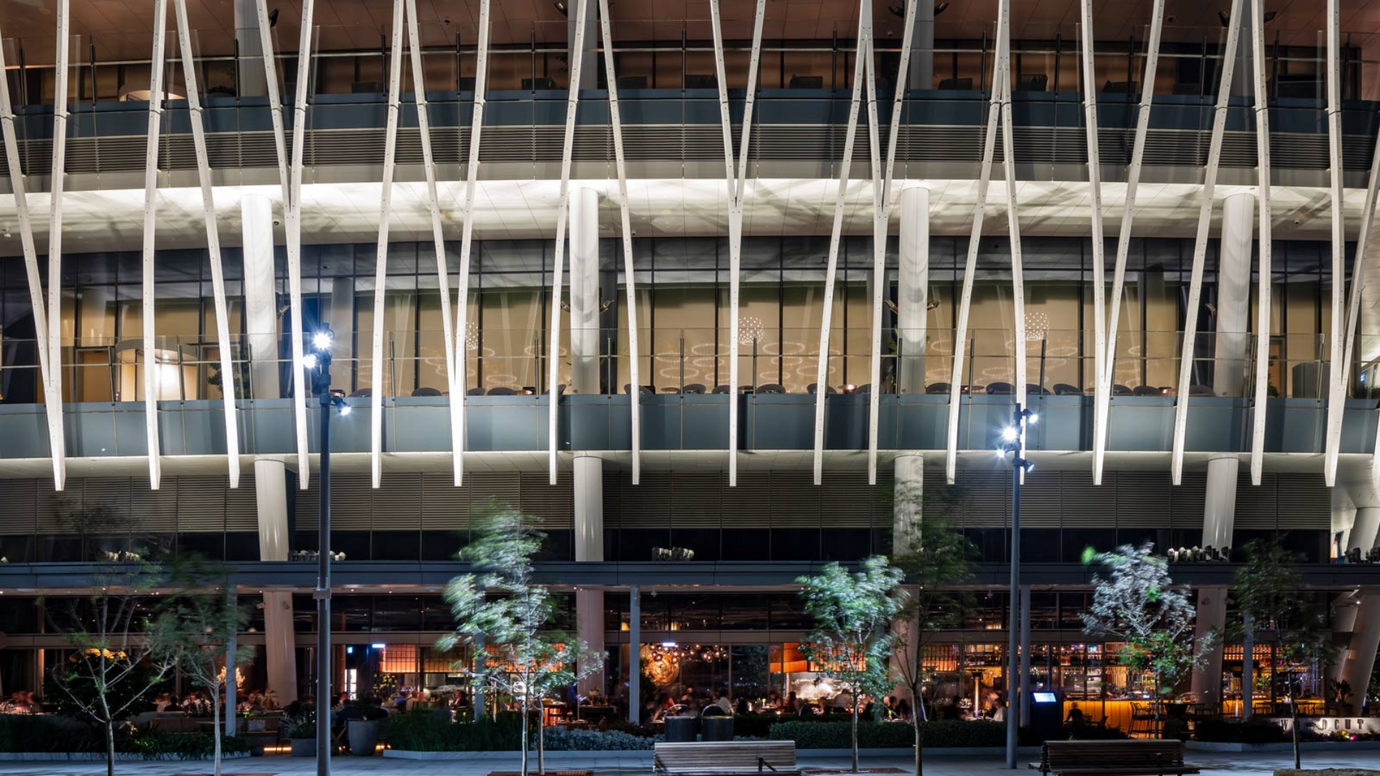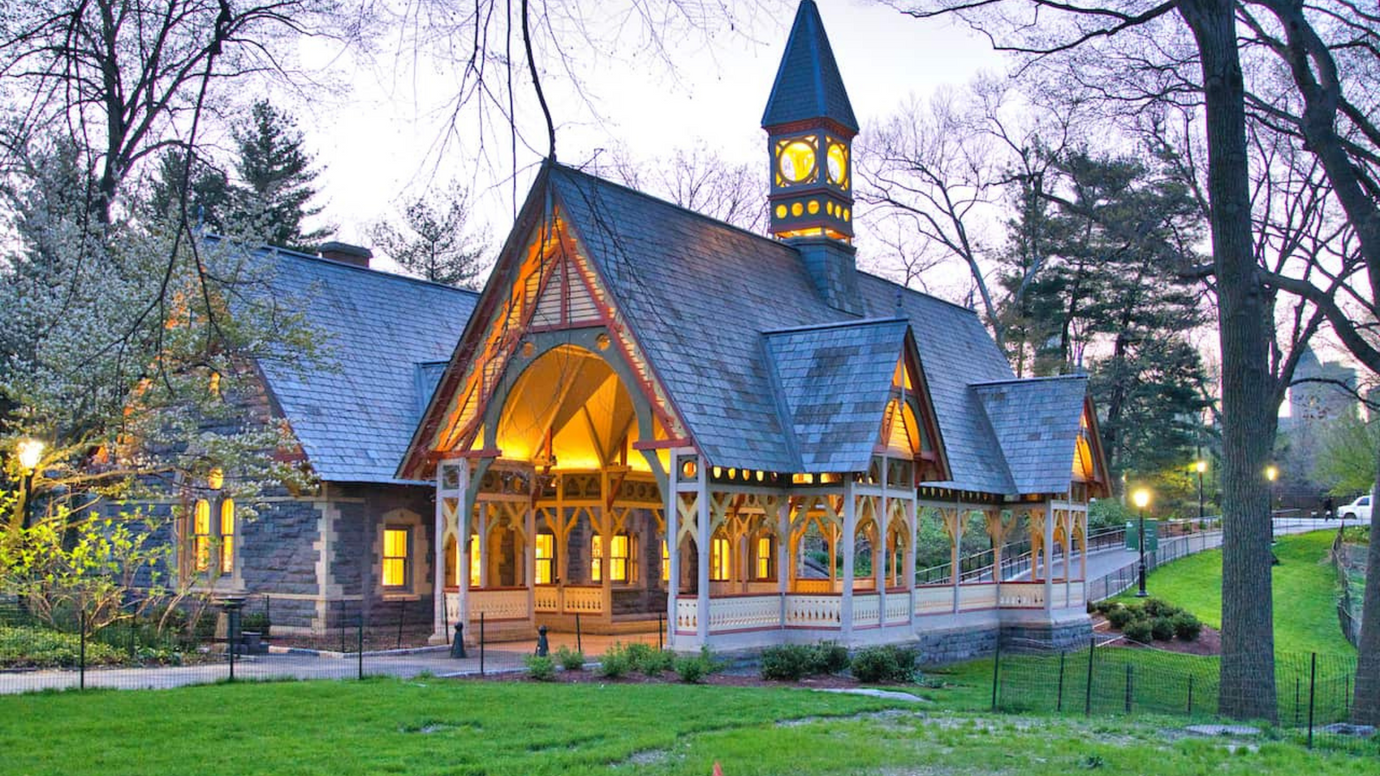Imagining an entire city that is off the map might seem impossible. But once a year, nearly 80,000 individuals bring the elusive Black Rock City to life in the Nevada desert. These vibrant individuals flock in on fantastical mutant vehicles to celebrate the Burning Man Festival. Despite its increasing popularity, Burning Man remains one of America’s most enigmatic annual events, refusing to blend into the jam-packed festival scene.

A Radical Experiment
Dubbed "Playa" by its attendees (known as Burners), the annual gathering is much more than a festival. It’s an experiment on a dried-up lake bed, a neon-lit city populated by creatives, and a testament to radical human expression.
Burning Man's roots trace back to San Francisco's Baker Beach, but it has long since transformed the Nevada desert into its ephemeral home. The festival annually coincides with Labor Day weekend, spanning from August 27 to September 4, 2023. Unlike conventional festivals, Burning Man does not sell one- or two-day passes, encouraging participants to embrace the full, immersive experience.
Self-expression and Decommodification

As attendees make their way into Black Rock City, they experience more than just a geographical shift; they step into a world that operates on its own unique principles. Here, radical self-expression intertwines with decommodification. Corporate sponsorships are rejected, gifts are unconditional, and money is almost non-existent. Instead, Burners are encouraged to express their creativity, providing one another with experiences and services, making Burning Man a unique desert campout.
While Burning Man does have a variety of art installations and spontaneous musical performances, it is not your traditional art or music festival. Instead, it is a space where self-built mutant vehicles roam alongside bikes strung with lights, and larger-than-life installations populate the desert landscape.
Active Contribution and Self-reliance
To be part of Burning Man means to participate actively, to contribute to the community, and to rely on oneself in the midst of the desert's harsh conditions. But it’s not all survival — it's also about celebration. As a hallmark of the festival, a large wooden effigy, “the man,” is burned on the Saturday night before Labor Day.
Though there are no tickets for brief stays or lineups featuring mainstream artists, scoring a ticket for Burning Man can still be challenging. The tickets, starting at $575 with vehicle passes at $150, sell out rapidly. Despite the challenges, various options are available for potential attendees, including the Secure Ticket Exchange Program (STEP) and the "OMG Sale". For those who can't afford the full price, there's the Ticket Aid Program.

Guiding Tenets of Burning Man
Founded by Larry Harvey in 2004, Burning Man operates on ten guiding principles: civic responsibility, communal effort, decommodification, gifting, immediacy, leaving no trace, participation, radical inclusion, radical self-expression, and radical self-reliance.
While Black Rock City may not have a physical, year-round location on a map, its spirit thrives in the hearts of Burners worldwide. As the world recovers post-pandemic, the return of Burning Man symbolizes not just a beacon of radical self-expression, but also a burning testament to human resilience and the unyielding power of communal effort.



